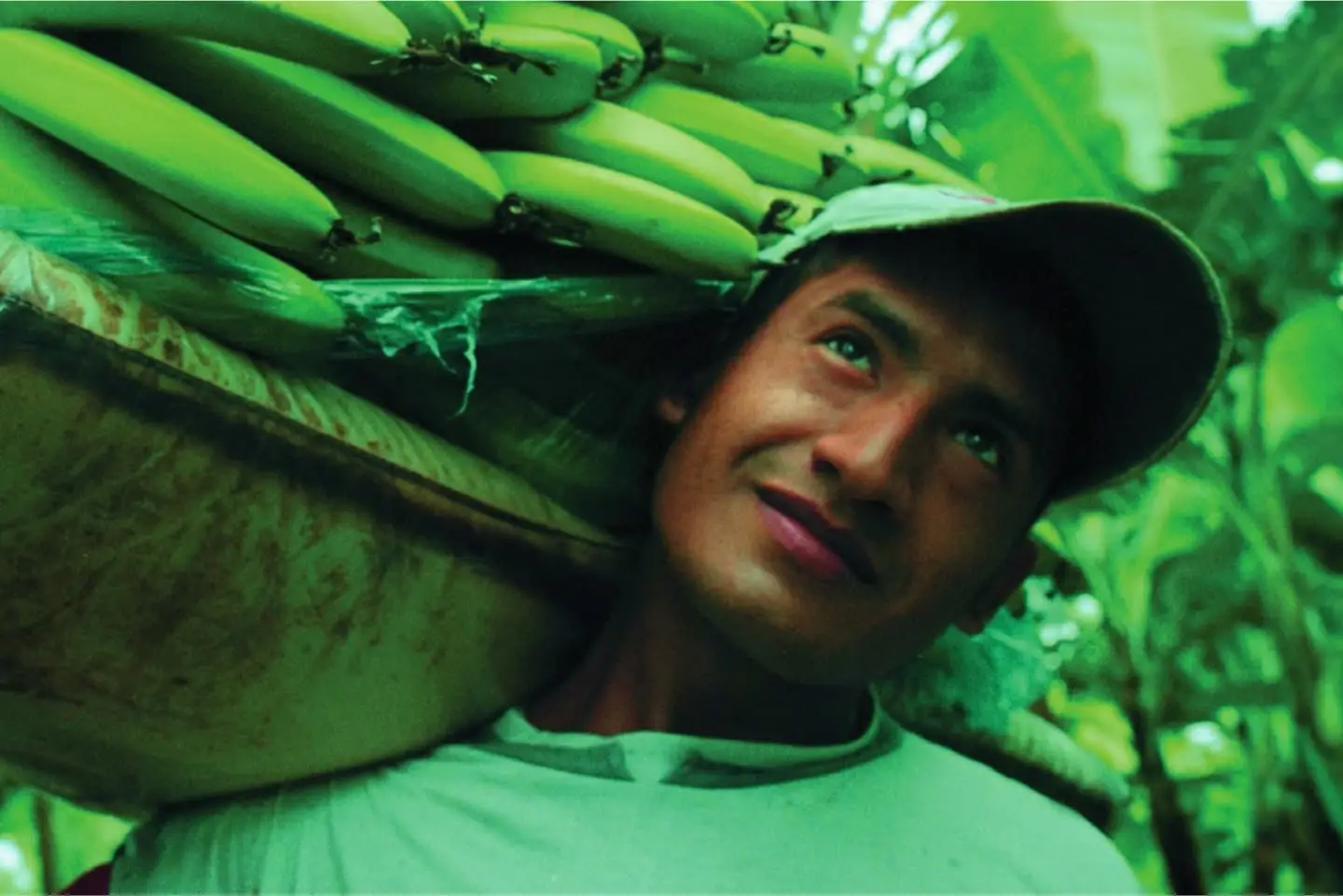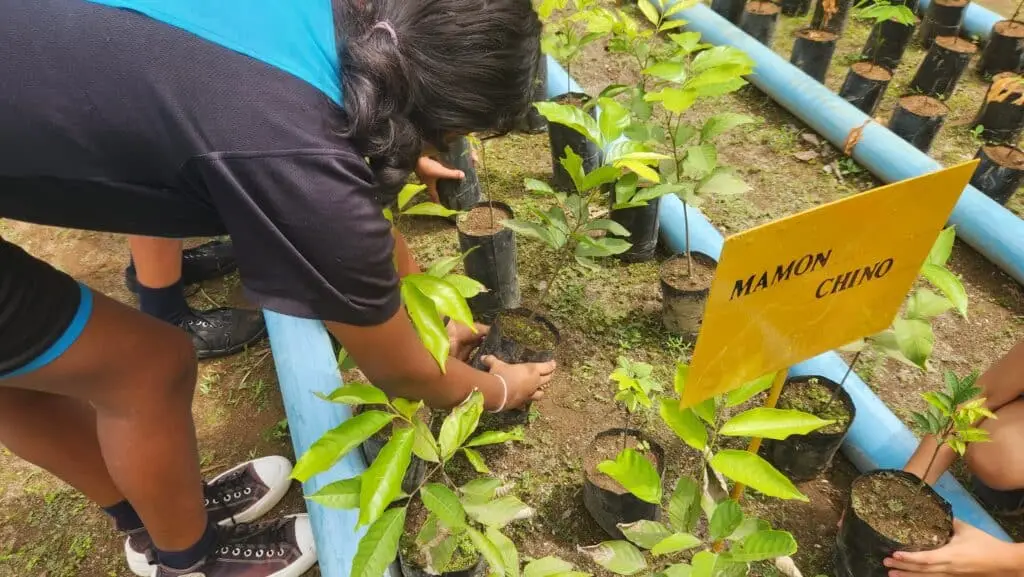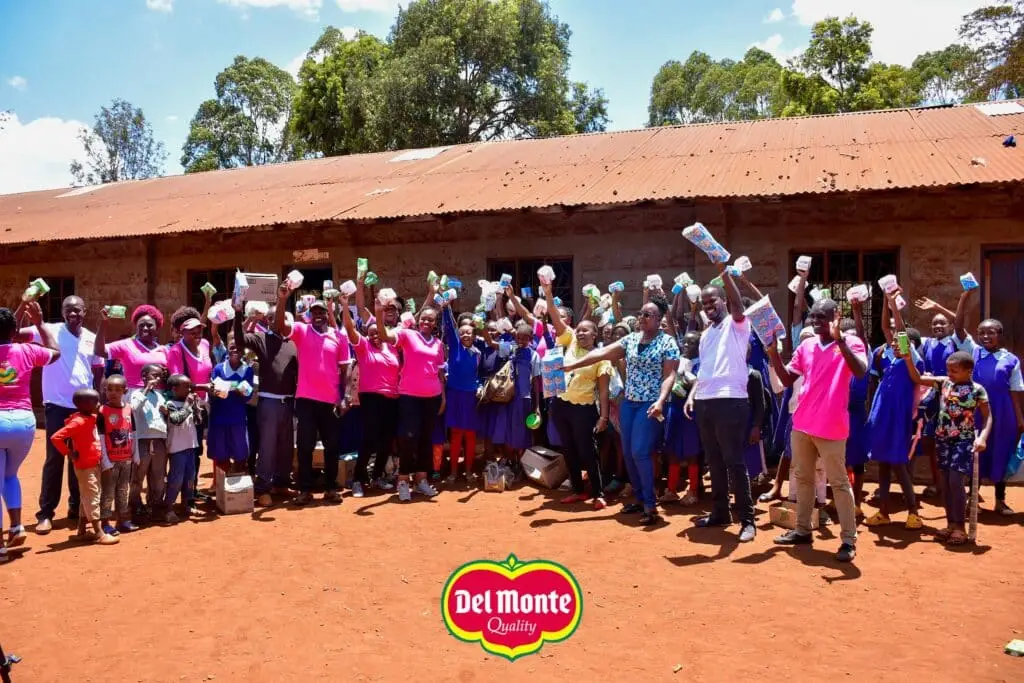Protecting our planet, its natural resources and the diverse wildlife that call it home is one of the key pillars of our commitment to A Better World Tomorrow. As part of this dedication, we have signed a commitment to the Del Campo al Plato (From Farm to Fork) Program, implemented by the German Cooperation for Development (GIZ). While agriculture is the main source of livelihood for over 2.5 billion people worldwide, it is also responsible for 70% of the loss of biodiversity on our planet. It is crucial that we work towards growing productively while conserving biodiversity, which is why we are thrilled to be working with GIZ to ensure a secure food supply while protecting the diversity of ecosystems and species.
The From Farm to Fork program is ambitious; its goal is to protect the biodiversity and associated ecosystem services and integrate them into the value chains of bananas and pineapples that are cultivated conventionally. The program promotes the participation of key players along the entire value chain, including food companies, retailers, and consumers – target groups to which the activities in Germany and the German-speaking market are directed.
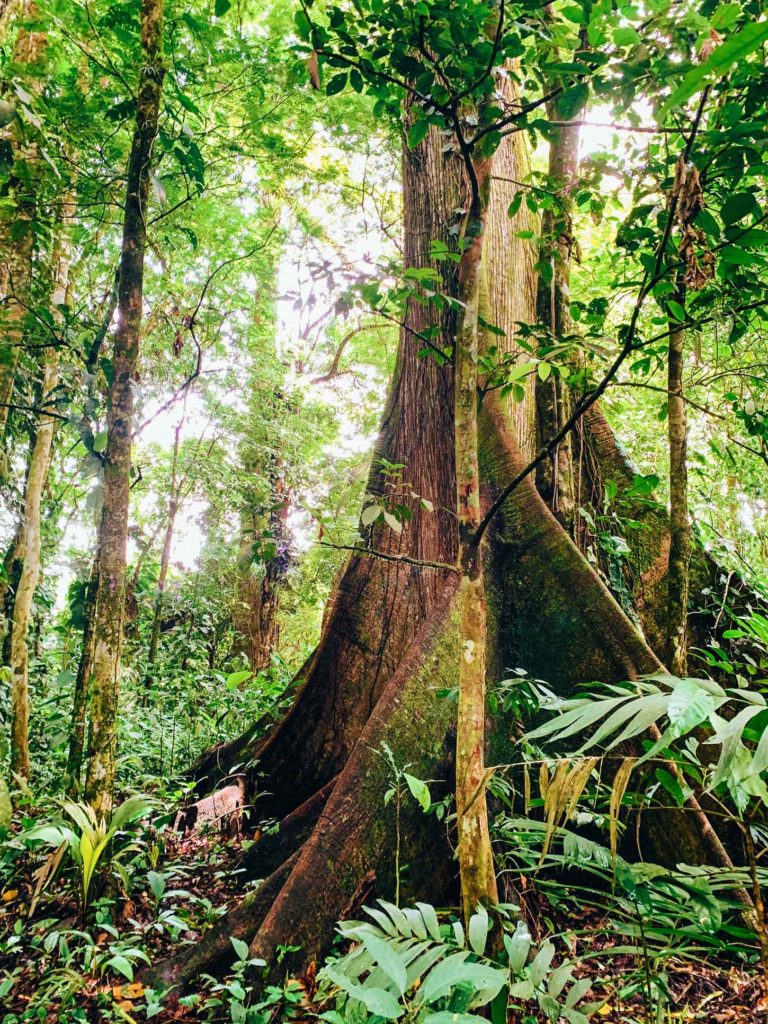
The program began this Spring with our operations undergoing the Biodiversity-Check-Agricola (BCA), which provides the basis for a structured dialogue between producers like us and GIZ. Through the BCA process, we worked with GIZ to understand our operation’s direct and indirect impact on biodiversity and determine key areas for improvement in our agricultural activities to better preserve both biodiversity and ecosystem services. The procedure of the BCA has the aim of assisting an operation to implement a biodiversity action plan.
Two of our key pineapple operations (totaling a combined 4,000 hectares) have completed the BCA and are moving to the next phase: establishing 50 concrete objectives to protect biodiversity and enhance ecosystem services identified in the BCA. The 50 actions will be implemented between 2020 and 2021 and are focused on achieving the following three key objectives:
- Establish the foundations for the integration of biodiversity into business management.
- Ensure production management supports on-farm biodiversity and activate environmentally friendly agricultural and industrial inputs and practices.
- Minimize environmental impacts from farming activities, contribute to the environmental education of local communities and collaborate with other actors for biodiversity.
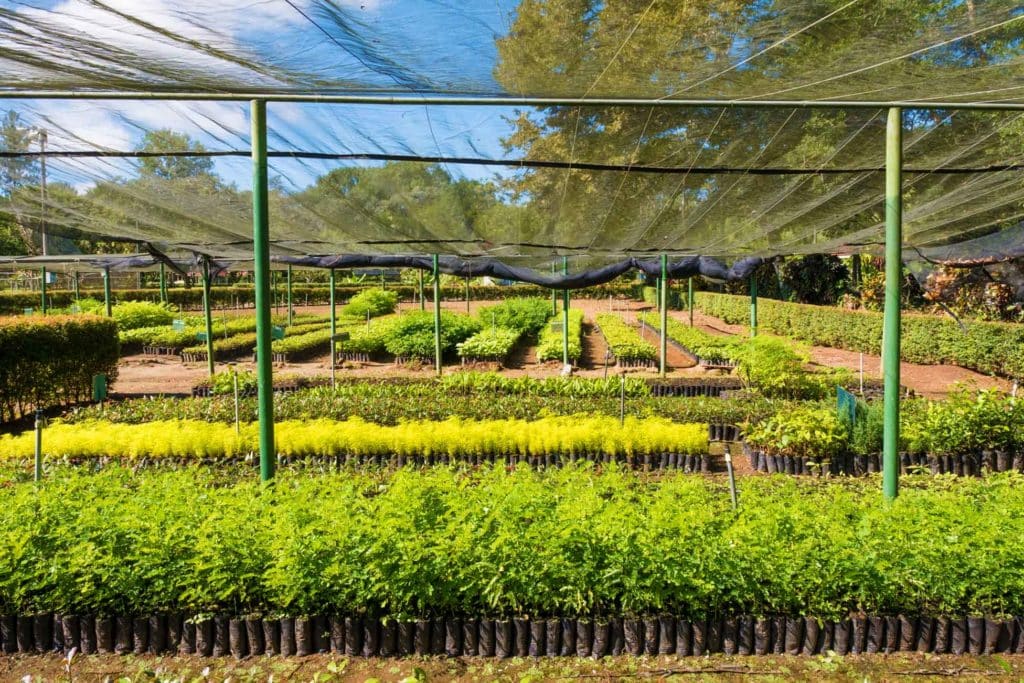
Biodiversity and conservation in our operations has always been a priority for us. We saw a tremendous opportunity to partner with GIZ to multiply our efforts – and achieve landscape scale conservation in our growing regions while connecting our efforts to a larger, global initiative aimed at advancing biodiversity. We view our agricultural landscapes as functional ecosystems and we work to ensure that we are retaining biodiversity in and around our operations. In order to reverse global trends of biodiversity loss, agricultural landscapes must be effectively managed to optimize biodiversity while allowing for agricultural production to meet a growing global demand. In our operations, conserving vibrant forest areas and reforesting new areas with native species can have the added benefit of increasing biodiversity while maximizing ecosystem services – like reduction of erosion and improvements in water quality. It is clear that biodiversity is a critical part of sustainability for both our environment and our operations.
In the future, we hope to expand the program to more of our operations in Central America. The alliance demonstrated in the From Farm to Fork program is one of GIZ’s strategies to help build lasting change in countries where they cooperate. In the three years the alliance is expected to last, it will provide ample opportunities for our team members to acquire skills necessary to engage with external stakeholders and work more effectively with our communities, not so much as providers, but as true partners. We are immensely excited to be part of the From Farm to Fork program and we are looking forward to sharing more about our concrete actions and progress.
